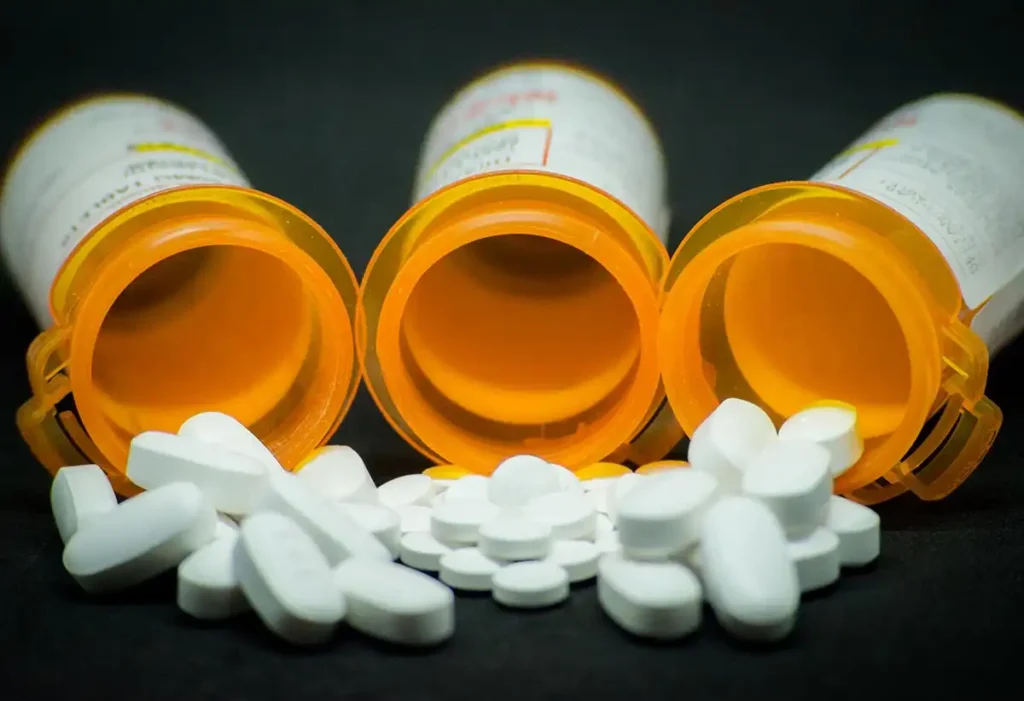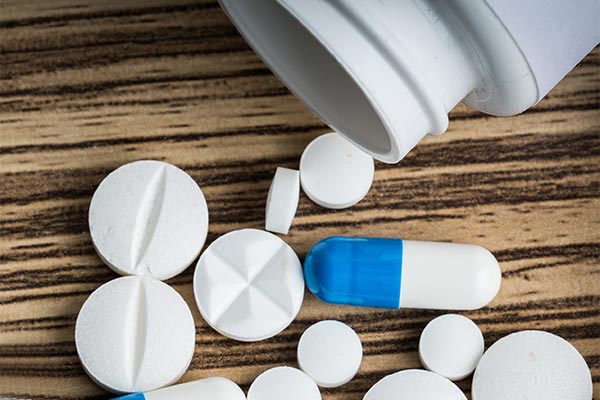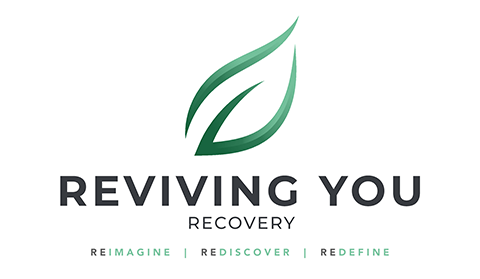
Methamphetamine Addiction
Our compassionate team of experts is here to help you break free from the grip of Methamphetamine Addiction and reclaim your life.
How stimulants work
Stimulants are a type of psychoactive drug that affects the central nervous system in the body by increasing your cognitive functioning and alertness.
A stimulant works by increasing the amount of neurotransmitters such as dopamine and norepinephrine in the brain, which results in improved concentration and decreased fatigue. It is often used in patients who suffer from ADHD, narcolepsy and other health disorders.
Many people will feel high after using stimulants due to the short-term effects in the body, but long-term abuse to these types of drugs can lead to severe health consequences. It is important to be aware of these potential risks before using stimulants and understand the risk for addiction, overdose and abuse of these drugs. Although there are prescription stimulants that are given by a doctor that may be medically necessary and are legal, there are others that are not and can lead to overdose or addiction.

Prescription stimulants
Prescription stimulants are used to treat a specific health disorder and are prescribed by a doctor. Some are more damaging to your health than others.

Adderall / Amphetamine
Amphetamines are psychostimulant drugs of the phenethylamine class that are known to produce increased wakefulness and focus in association with decreased fatigue and appetite. Amphetamine is chemically related to methamphetamine and lisdexamfetamine, a class of potent prescription drugs that cause euphoria by increasing the levels of norepinephrine and dopamine in the brain. Part of this class are prescription CNS drugs that are typically used to treat certain disorders such as ADHD. It can also be used in treating symptoms from some traumatic brain injuries (TBI), the effects of narcolepsy, chronic fatigue syndrome (CFS), postural orthostatic and tachycardia syndrome (POTS). Initially, amphetamines were more popularly used to diminish appetite and to control weight.
The most common brand names for the medication amphetamine include: Adderall, Dexedrine, Dextrostat, Desoxyn, ProCentra, Vyvanse and Benzedrine. This drug can also be used as a performance enhancer and is used recreationally. People who use amphetamines recreationally have distinguished street names for the drug such as “speed”.

Ritalin
Ritalin, Metadate, Methylin or Concerta (MPH) are a group of methylphenidate psychostimulant drugs that have been approved to treat certain disorders such as attention-deficit hyperactivity disorder (ADHD) narcolepsy, or postural orthostatic tachycardia syndrome.
This drug can also be used as a performance enhancer and is used recreationally. People who use amphetamines recreationally have distinguished street names for the drug such as “speed.”
Over-the-counter & illegal stimulants
There are many types of drugs that are considered stimulants, including over the counter substances or drugs, prescription medications and illegal stimulants. They can be damaging to your health, depending on how much you are using them.
Caffeine
One of the most widely used stimulants in the United States is caffeine. It can be found in common foods or drinks such as coffee, chocolate, tea, soft drinks and cocoa. Although there are some positive side effects such as increased energy and alertness, too much can lead to levels of anxiety or insomnia.
Cocaine
One of the most well known national stimulants is cocaine. Cocaine is a psychoactive drug that is made from leaves of the coca tree. Cocaine was first introduced as a prescription stimulant that was used to treat a person for a psychological disorder. The effects of cocaine were later discovered to potentially cause abuse, overdose or addiction.
Unfortunately, the average age for initial use of cocaine is getting lower. The use of cocaine, depending on the severity, can cause paranoia, mood swings, high blood pressure, panic attacks, tachycardia, cognitive impairment, paranoia, or other intense changes in personality. Cocaine can also lead to other mental health problems such as aggression, compulsion, and criminal and/or erratic behaviors.
Crack
Even with short term use, many people experience withdrawal symptoms when they stop using crack. The symptoms are more pronounced in individuals who have been using crack for a long time and in high doses.
People addicted to crack are unable to improve without medical treatment at a treatment center. The physical and psychological dependence of crack is intense and most find it difficult to get out of the addictive cycle. The withdrawal symptoms include intense cravings, irritability, hunger, anxiety and paranoia. These feelings prevent people from ceasing crack use.
Nicotine
Nicotine is considered one of the top three national most used stimulants in the world, despite not having any real medical benefits. You do not need a prescription and can get it over the counter if you are old enough.
The primary ingredient in vapes and e-cigarettes is nicotine. When a person vapes, it can easily lead to addiction and the effects can lead to poor health, due to the high levels of the stimulant.
Methamphetamine
Methamphetamine addiction is a national significant problem making a major impact on public health in the United States. The consequences and complications of methamphetamine addiction are severe and wide ranging. The toll methamphetamine addiction has on an individual’s health can be devastating.
Methamphetamine has a substantial influence on cardiovascular health, risk of pulmonary disease, oral health, and infection in both chronic and acute abuse.
Addiction to methamphetamine has profound influence on cognitive functioning and emotional stability. Long term impairment from meth dependence can persist even after people are able to be abstinent, and meth is extremely addictive. Once addicted it can be difficult to discontinue use without professional help. Treatment and rehab is critical to intervene in the cycle of relapse and addiction.

How prescription stimulants lead to health related effects
- Increased breathing
- Increased blood sugar
- Opened-up breathing passages
- Decreased blood flow
- Increased blood pressure and heart rate
Struggling with Methamphetamine addiction?
It’s time to reclaim your life and well-being. Your future starts here. Don’t let Methamphetamine dependency control your future—reach out to us today. Take the first step towards a healthier, brighter tomorrow.


Absolutely amazing and friendly team! The property is clean and beautiful. I have learned so much and am excited to begin my journey in recovery.
— AK






